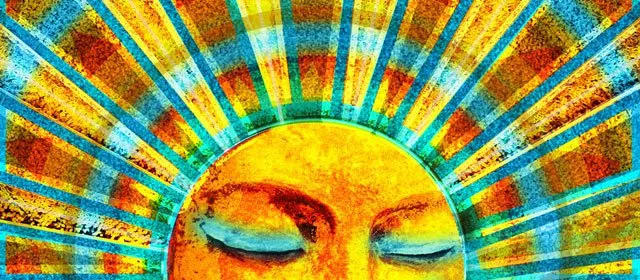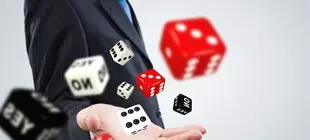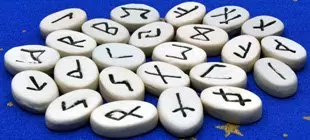This is a walkthrough of all the world's oracles so that you can better understand the art form of Tarot

The oracles of Ancient Greece
In Ancient Greece, the oracles were consulted to learn the future. They were an integral part of their religion. The most ancient of the Greek oracles was Dodona, who was consulted to learn the weather. The oracle attentively observed the sky
The other widely-known oracle of Ancient Greece was the oracle of Delphi. She was associated with a very specific ritual. The Pythia related the words of the god Apollo and gave a personal response to a question having to do with the future.
According to Aeschylus, though the story changes a little, the oracle of Delphi was initially dedicated to the Earth, as well as to other feminine divinities before being given to Apollo.
Pythia was a priestess and prophet who spoke for god. The priestess was a virgin woman that was selected from neighboring villages. She spoke in verse, and her words could be confused. This is why, to help her, she had two priests by her side to interpret, and they had five religious ministers themselves.
At Delphi, the men were able to consult the oracle individually or collectively. The Pythia was only to be consultede one day a month. The meeting was set for the 7th day of each month. In turn, the consultant was to pay a tax to the city. The consultant was led into the adyton of the temple, where they met the Pythia, and had to offer a sacrifice to god. The victim was purified with cold water, and if they shivered, the consultation was canceled. If not, the consultant could ask their questions.
The oracles of Egytp
In Egypt, the oracle tradition is closely related to religion, which itself has a close link with the land of Kemo. This religion was lost over the centuries. Its divinatory practices were very popular. The oracle is different from prophecy. Prophecy passes through a prophet and is transmits a divine message, while an oracle responds to a question asked by a human. The divine was called upon to learn what to do in a particular situation. The Egyptians used ceramic shards to communicate with the divine. The texts of the oracles often went thus: "To the gods Soknopaios and Amon Suku, and to the relevant gods..." etc. Then, the question was added after. The gods were addressed first, then the question was written down.
During the New Empire, the oracles were reserved for the Egyptians. Foreigners didn't have the right to call upon oracles. Then, once the Greeks arrived, that is: starting in the IIIrd century before Christ, the use of oracles spread.
Both oracles rely on the Egyptian pantheon: there are oracles dedicated to Amon, Isis, Harpebekis, Harpocrates, the Dioskouri, Zeus, and Serpais. There were several divinities to choose between for consulting the oracle.
The Chinese oracles
Chinese astrology has existed for a long time, and is a widely recognized divinatory art in the Orient and has started to become know in the West. The Chinese oracles is, in fact, a card game made up of 120 cards. Each card corresponds to a specific interpretation.
Among the Chinese oracles, I-Ching plays a particular role. This divination manuel was invented long ago and is called the book of changes. It is used in the same way as an cards oracle, but, but above, helps to find out what large changes are to come in the present or in the future.






